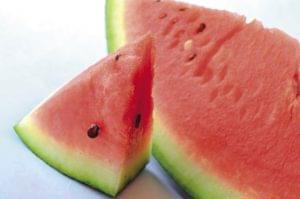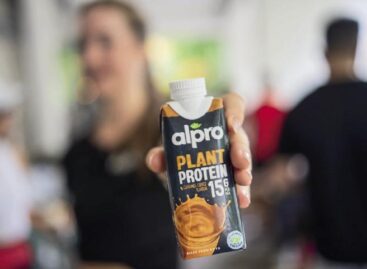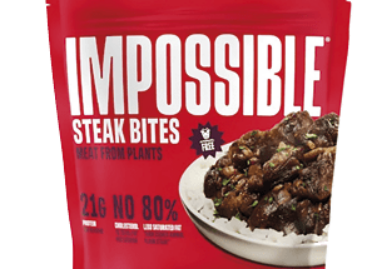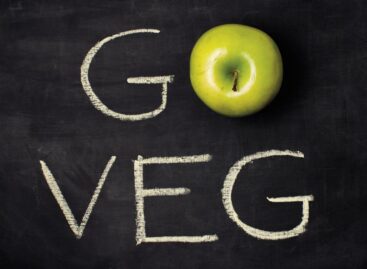Plant-based proteins: New plants on the horizon
According to the United Nations, thousands of plants and animals were used for food in the past, but today less than 200 contribute to global food supplies. What is more, just nine crops, including corn, soy and wheat account for almost 70% of total crop production.

Seeds of the latest “player”, i.e. watermelon are rich in nutrients such as magnesium, zinc, iron and Omega-3 fatty acid
The Food Institute has named a couple of recently discovered protein plants. One of them is duckweed, which doubles in mass every 36 hours and it can be grown year-round. It is 100 times more efficient in producing protein compared to soy, and 400 times more efficient than peas. There is also a hemp seed protein ingredient that contains 75% protein, including all nine essential amino acids – this is said to be ideal for meat alternatives. //
Related news
High-protein products are taking over
🎧 Hallgasd a cikket: Lejátszás Szünet Folytatás Leállítás Nyelv: Auto…
Read more >Impossible Foods featured on the “Best in Business” list again this year
🎧 Hallgasd a cikket: Lejátszás Szünet Folytatás Leállítás Nyelv: Auto…
Read more >Less meat might be consumed in German-speaking countries
🎧 Hallgasd a cikket: Lejátszás Szünet Folytatás Leállítás Nyelv: Auto…
Read more >Related news
KSH: retail turnover in January exceeded the same period of the previous year by 3.5 percent and the previous month by 0.5 percent
🎧 Hallgasd a cikket: Lejátszás Szünet Folytatás Leállítás Nyelv: Auto…
Read more >A magyar csapat március 15-én lép színpadra a Bocuse d’Or Európai Válogatóján
🎧 Hallgasd a cikket: Lejátszás Szünet Folytatás Leállítás Nyelv: Auto…
Read more >REGIO Játék: 25.4 billion forints in sales and international opening
🎧 Hallgasd a cikket: Lejátszás Szünet Folytatás Leállítás Nyelv: Auto…
Read more >








